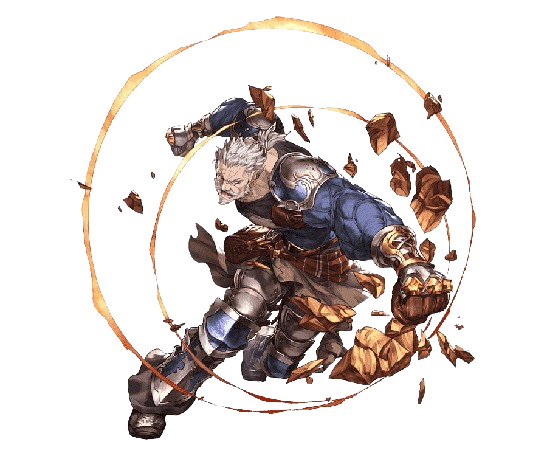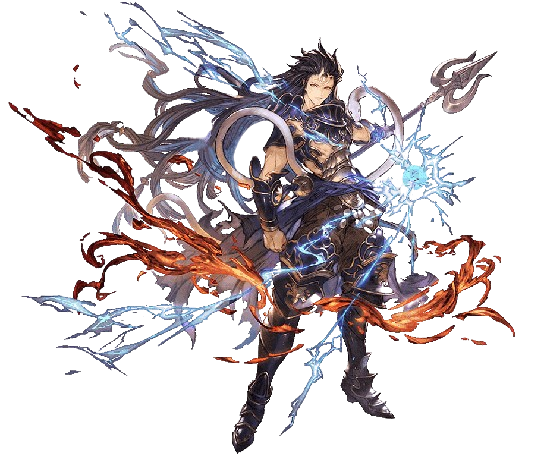Introduction
Fantasy games have long captured the imaginations of players through their immersive worlds, deep storylines, and intricate gameplay mechanics. However, it’s the modding community that has truly unlocked the potential of these games by allowing players to alter, enhance, and reimagine the experiences these games offer. In this article, we’ll explore how game mods enhance both gameplay and storylines in fantasy games, with a specific focus on the technical aspects of implementing these modifications. Additionally, we’ll touch on the role that game development companies and services play in this evolving landscape.
Boost Your Fantasy Game Efficiency

What Are Game Mods?
Mods, short for modifications, are player-made changes or enhancements to the original files of a game. These modifications can range from minor visual tweaks to complete overhauls of gameplay mechanics and storylines. In fantasy games, mods can introduce new quests, characters, weapons, and even entirely new worlds. For game development companies that specialize in fantasy games, fostering modding communities can create lasting engagement with players and expand the life of their games.
For example, game development companies or game development agencies offering game development services often provide modding tool kits to their player base. These tools allow players to create custom content, which can breathe new life into an already established fantasy game. For fantasy settings, where creativity thrives in world-building and narrative depth, mods can take a game beyond its original scope.
Types of Fantasy Game Mods
Mods vary in complexity and impact. Let’s look at the most common types of fantasy game mods:
Graphical Mods: These mods improve the visual aspects of a game, from textures and lighting to character models. For instance, graphical mods can make an older fantasy game look more modern, keeping it relevant for a new generation of players.
- Gameplay Mods: Mods that alter the mechanics of a game, introducing new abilities, systems, or tweaking difficulty levels. For instance, you might add a new magic system to a fantasy game that radically changes how players interact with the world.
- Storyline Mods: These mods expand or entirely rewrite the game’s narrative, introducing new quests, characters, and lore that deepen the immersion and storytelling experience.
- Overhaul Mods: These are comprehensive mods that change many aspects of the game at once, such as revamping entire factions or game systems.
- UI and Quality of Life Mods: Mods that improve the game’s user interface and overall playability. These may include features such as enhanced inventory management or new map markers.
Each type of mod requires different levels of technical expertise, and in many cases, modding a fantasy game is a complex task that demands an in-depth understanding of game development principles.

Enhancing Gameplay and Storylines Through Mods
Fantasy games are deeply tied to narrative and immersive world-building. Modders have the ability to extend or completely reshape these elements, often in ways that even the original developers didn’t anticipate. Let’s explore some key areas where mods enhance both gameplay and storylines:
1. Expanding Quests and Storylines
Mods allow players to extend the narrative of fantasy games by adding new quests, storylines, and characters. These mods often integrate seamlessly with the game’s existing content, providing players with new adventures. For example, modders can create entirely new regions to explore, complete with custom quests, dialogues, and characters that enrich the story.
This type of technical implementation involves scripting, asset creation, and working with the game’s internal questing system. Game developers, especially those offering game development services, can benefit by creating mod-friendly engines, enabling players to craft these narratives more easily.
2. Revamping Character Development Systems
In many fantasy games, character progression is crucial to the player experience. Mods that introduce new classes, abilities, or character development systems can significantly impact gameplay. For example, a mod might add a necromancer class with its own unique abilities and spells, or revamp the leveling system to make it more challenging.
Technical implementation for these mods involves modifying core game mechanics, adjusting balance across different playstyles, and ensuring that new abilities integrate smoothly with the game’s existing systems.
3. Improving Combat and Magic Mechanics
Combat and magic are staples of the fantasy genre, and mods often aim to improve or expand these systems. Mods might introduce new spells, weapons, or combat tactics that add depth and strategy to battles. For example, a mod that overhauls the magic system could introduce new elemental spells, complete with custom visual effects and sound design.
Implementing these mods involves scripting, creating new assets, and ensuring that the changes are well-balanced within the game world. Game development companies, particularly those offering fantasy game development services, could facilitate such mods by providing tools to modders that streamline asset creation and gameplay balancing.
4. Enhancing NPC AI and Dialogue
Mods can also improve NPC (non-playable character) interactions by adding more realistic AI or expanding dialogue options. For instance, a mod might make NPCs more reactive to the player’s decisions, or introduce new branching dialogue trees that lead to different outcomes in quests. Mods like these enhance the immersion and storytelling of fantasy games, making the world feel more alive.
From a technical perspective, improving AI and dialogue involves scripting complex interactions and ensuring the mod doesn’t create bugs or inconsistencies within the game’s existing storyline.
Jump Into Action: Start Fantasy Game Project

Technical Implementation of Mods
Creating a mod involves a deep understanding of the game’s technical framework. Modders often need to work with the game engine, scripting languages, and asset creation tools to bring their ideas to life. Game development companies and game development agencies can make this process easier by providing modding toolkits, comprehensive documentation, and support to their player base.
1. Game Engines and Modding Compatibility
The ease with which a game can be modded is often determined by the flexibility of its engine. Some engines, like Unreal or Unity, provide robust modding tool sets that allow for deep customization. For example, game development companies that use these engines can empower players by providing access to game assets, scripting tools, and world editors.
In fantasy sports games, this is also critical. For instance, fantasy cricket game development companies and fantasy football app development companies can allow users to modify or customize their games, adding new features or tweaking gameplay for a more personalized experience.
2. Scripting and Asset Creation
Scripting is central to most mods, whether you’re adding new quests, altering NPC behavior, or implementing a new magic system. Fantasy games often use scripting languages like Lua or Python, which allow modders to adjust game logic without needing full access to the source code.
Similarly, creating new assets such as character models, textures, and animations requires proficiency in software like Blender or Maya. Game developers, especially those offering fantasy game development services, can assist by offering pre-built assets and streamlined import tools for modders.

Examples of Successful Fantasy Game Mods
To illustrate the impact of modding on fantasy games, let’s look at some of the most successful and technically impressive mods in recent years:
1. Enderal (Skyrim)
Enderal is a total conversion mod for Skyrim that transforms the game into an entirely new experience, with its own world, characters, and storyline. Developed by a dedicated team, Enderal overhauls Skyrim’s systems and introduces new mechanics for crafting, combat, and character progression.
2. The Witcher 3 HD Reworked Project
This mod enhances The Witcher 3 by improving its textures and models, making it one of the most visually stunning games even years after its release. The modder behind the project meticulously reworked textures to maintain the game’s artistic style while boosting its visual fidelity.
Challenges and Limitations in Modding
While modding allows for incredible creativity, there are challenges:
- Compatibility Issues: As games are updated, mods can become incompatible, requiring constant updates.
- Performance Optimization: High-resolution mods or complex scripts can affect game performance, causing frame rate drops or crashes.
- Learning Curve: Modding, especially in large fantasy games, requires familiarity with scripting languages, game engines, and asset creation tools.
- Legal Concerns: Some game developers restrict modding, especially when it involves copyrighted material.
For fantasy sports games like those developed by fantasy cricket game development companies or fantasy baseball app development companies, ensuring legal clarity around mods is essential, especially when dealing with player likenesses or licensed assets.

Conclusion
As game engines evolve and tools become more accessible, the future of fantasy game modding looks brighter than ever. Game development companies and game development agencies can play a crucial role by providing players with the tools and resources they need to create. Additionally, the potential for modding extends beyond traditional fantasy games. For example, fantasy cricket game development services and fantasy football app development companies can also benefit from modding, allowing users to tweak their gaming experience.
The impact of modding cannot be overstated. Whether you’re a player looking to extend the life of your favorite fantasy game or a game developer at a fantasy baseball app development company considering how to integrate user-generated content, mods represent the ultimate in player-driven creativity.



